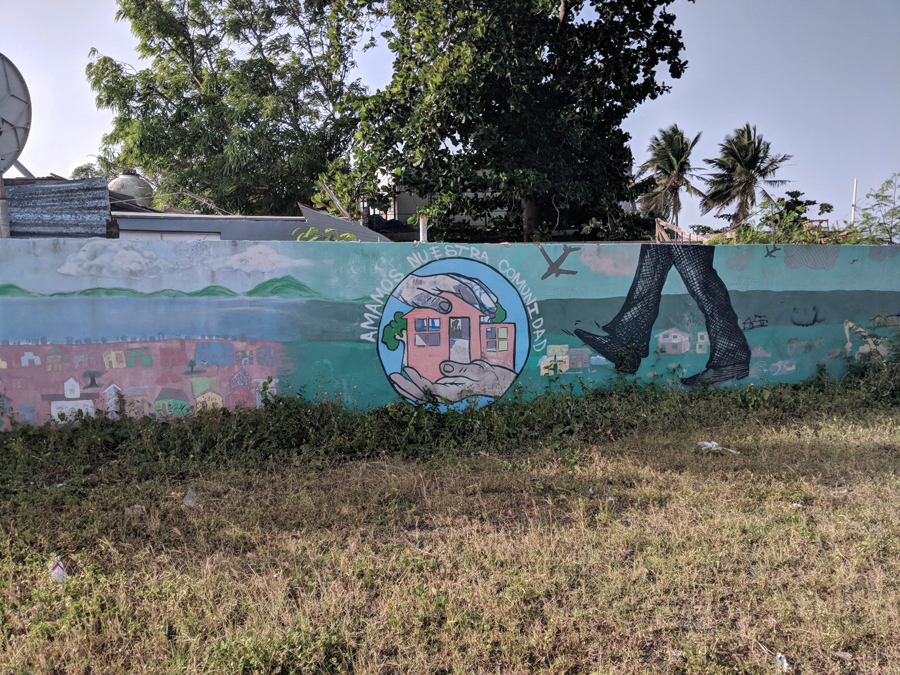Institute for Justice report gives P.R. an “F” on expropriation laws

Puerto Rico’s eminent domain laws received a grade of “F” in a report released by the Institute for Justice, a nonprofit, civil liberties law firm.
The IJ is dedicated to ending eminent domain abuse: when the government seizes private property not for traditional public uses, but for private development.
The report examines Puerto Rico’s eminent domain practices — or “expropriation” as it is called on the island — and details the law’s serious shortcomings, which give municipalities vast authority to seize private property for virtually any reason they deem appropriate.
The report makes reform recommendations to the Legislative Assembly to ensure the island’s property owners and communities are safe from illegitimate land grabs, in the context of widespread stateside trends to curtail eminent domain abuse.
Historically, eminent domain was used for public uses, things like roads and schools. Over time, the definition of public use was expanded to include purposes that serve a public benefit: namely, increased tax revenue and jobs.
This led to widespread eminent domain abuse stateside, where cities took perfectly fine homes and businesses from property owners simply to transfer them to wealthy developers, the IJ noted.
This culminated in the 2005 U.S. Supreme Court decision in Kelo v. City of New London, litigated by IJ. The court ruled that cities could take private property based on the mere promise of increased tax revenue and jobs, but following that decision, 44 states reformed their eminent domain laws — making eminent domain abuse nearly non-existent stateside.
Meanwhile, Puerto Rico has continued to habitually use eminent domain for private development, the IJ stated.
“Puerto Rico’s eminent domain laws are some of the worst in the United States,” said Robert McNamara, a senior attorney at IJ and legal expert on eminent domain.
“Expropriation can be — and has been — used for basically anything municipalities want, shopping malls, restaurants, luxury housing, but that’s not the intention of the law,” McNamara said.
“Nobody on the island should ever lose their home, business or their community, simply for the government to hand it over to another private entity,” he added.
Brooke Fallon, assistant director of activism at IJ, said the nonprofit is particularly “concerned that Puerto Rico’s city governments — which are already pre-disposed to abuse the power of eminent domain for private development — will see the influx of billions in federal Community Development Block Grants as a green light to condemn communities for projects that were previously not politically viable.”
“Especially at this time of intense recovery efforts, the Puerto Rican government should respect constituents’ rights to keep what they’ve worked so hard to own, and the communities that are the backbone of the island,” she said.
A delegation of IJ officials recently visited Puerto Rico and met with victims of eminent domain and communities who have in recent years fought to reform the island’s laws.






